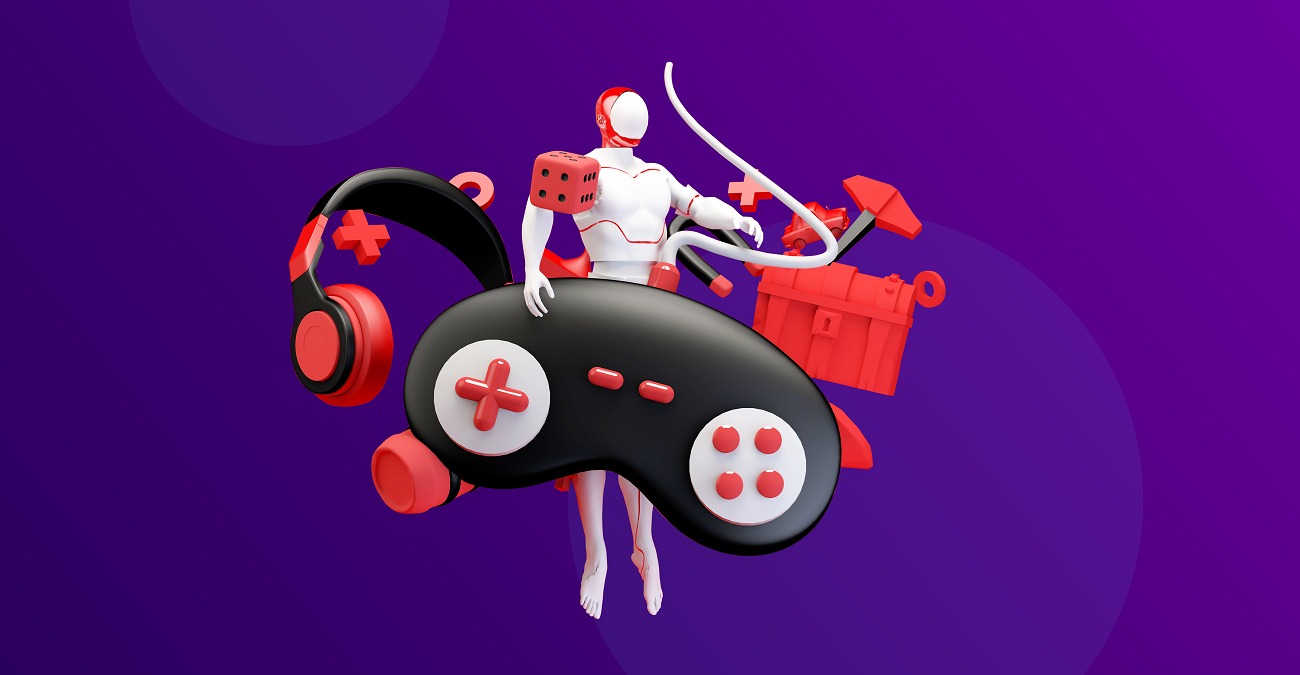The gaming industry has always been at the forefront of technological innovation, and artificial intelligence (AI) is playing an increasingly significant role in shaping the future of video games. In this expert article, we will explore how AI is being integrated into game plot development and character AI, revolutionizing the way stories are told and games are played.
AI-Powered Plot Generation
AI algorithms are now capable of generating dynamic and adaptive game plots. Traditional linear narratives are giving way to branching storylines that respond to player choices and actions. This adaptive storytelling not only enhances player immersion but also adds replayability to games.
AI-driven plot generation considers player decisions and preferences, crafting a unique narrative experience for each player. It evaluates in-game consequences and adjusts the storyline accordingly, creating a personalized journey.
Character AI and Realism
Character AI has seen remarkable advancements with the incorporation of AI techniques. NPCs (non-player characters) in games are becoming more realistic, with behaviors and decision-making processes that mimic human interactions. These improvements make in-game characters feel more alive and responsive.
AI-driven character AI can adapt to player actions, learn from them, and develop unique personalities. This leads to more engaging interactions and deeper connections between players and in-game characters.
Procedural Content Generation
AI-powered procedural content generation is changing how game worlds are created. Instead of manually designing every aspect of a game world, developers can use AI to generate vast and diverse environments. This not only reduces development time but also allows for more expansive and immersive game worlds.
Procedural generation algorithms consider various factors like terrain, weather, and player progression to create dynamic and evolving game environments. No two playthroughs are exactly the same, enhancing replayability and player engagement.
AI-Enhanced Gameplay
AI is also enhancing gameplay experiences in various ways:
Enemy Behavior
AI-driven enemy behavior is evolving beyond scripted patterns. Enemies can adapt to player tactics, learn from past encounters, and coordinate with other NPCs to provide more challenging and dynamic gameplay.
Natural Language Processing (NLP)
NLP technology enables players to engage with in-game characters using natural language. Players can have conversations, ask questions, and receive responses that feel more authentic, deepening their connection to the game world.
AI Assistance
AI-powered assistance systems can provide guidance to players without compromising the challenge of the game. These systems adapt to the player’s skill level and offer hints or suggestions when needed, ensuring an enjoyable gaming experience for players of all abilities.
Challenges and Ethical Considerations
While the integration of AI in gaming holds tremendous potential, it also raises ethical considerations, such as data privacy, AI bias, and the potential for addiction. Game developers and AI practitioners must address these issues responsibly to ensure a positive gaming experience for all.
The Future of AI in Gaming
The future of AI in gaming is bright, with continued advancements on the horizon. As AI algorithms become more sophisticated and accessible, we can expect even more innovative applications in game development, from realistic virtual worlds to emotionally compelling narratives.
In conclusion, AI is revolutionizing game plot development and character AI, offering players more immersive, dynamic, and personalized gaming experiences. As the gaming industry continues to embrace AI, the boundaries of what is possible in interactive storytelling and gameplay will continue to expand.

